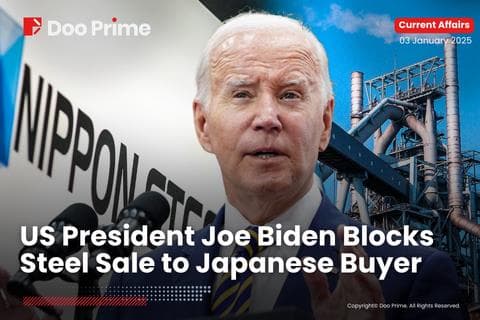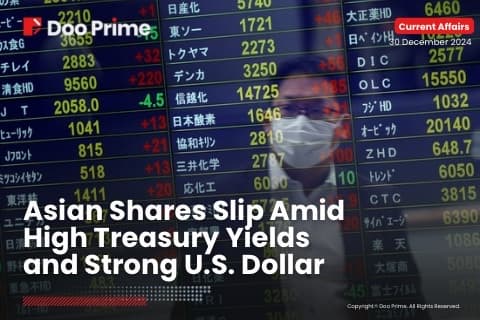TODAY’S NEWS
According to a source familiar with the matter, U.S. President Joe Biden has decided to block Nippon Steel’s proposed $14.9 billion acquisition of U.S. Steel, a move that could effectively end the controversial merger. The Committee on Foreign Investment in the United States (CFIUS) had referred the decision to Biden, who made the call despite concerns from some advisors about potential harm to U.S.-Japan relations.
The decision, first reported by The Washington Post, underscores political concerns surrounding the deal. U.S. Steel had expressed hope that Biden would approve the transaction, citing its potential to enhance U.S. national and economic security. However, opposition from the United Steelworkers union (USW) and political figures, including President-elect Donald Trump, influenced the outcome. Biden has emphasized the importance of U.S. Steel remaining domestically owned and operated.
Japanese Prime Minister Shigeru Ishiba had urged Biden to approve the merger, warning it could strain U.S.-Japan relations at a time when Washington values Japan as a key ally in countering China and North Korea. Japan is the largest foreign investor in the U.S., and its business lobby, Keidanren, had previously raised concerns about political interference in the deal review.

Blocking the acquisition may deter international investors from targeting politically sensitive U.S. firms, particularly those with unionized workforces, warned Alistair Ramsey of Rystad Energy. Despite Nippon Steel’s long-term interest in expanding production in the U.S., this decision highlights the risks of pursuing such deals close to a presidential election.
Nippon Steel had attempted to address concerns, offering to relocate its U.S. headquarters to Pittsburgh, honor existing agreements with USW, and grant the U.S. government veto power over production cuts. However, these efforts were insufficient to secure approval. Nippon Steel now faces a $565 million penalty for the deal’s collapse and will likely reevaluate its global expansion strategy, which aimed to increase its production capacity to 85 million metric tons annually.
Legal experts suggest Nippon Steel would face significant challenges in contesting the decision, as lawsuits against the president or the broader government are unlikely to succeed. The deal’s collapse has also impacted U.S. Steel’s stock, which fell by 4.1% following the announcement. Neither Nippon Steel nor Japanese government officials have commented further, with Japanese markets closed for a public holiday.
Other News
Oil Prices Rise Amid Optimism for Growth-Boosting Policy Measures
Oil prices gained more on Friday after closing at their highest in more than 2 months in the prior session due to hopes that governments around the world may increase policy support to revive economic growth that would lift fuel demand.
Tesla’s China Sales Hit Record High in 2024, Defying Global Downturn
US electric vehicle maker Tesla revealed on Friday that its China sales increase 8.8% to a record high of more than 657,000 cars in 2024. Tesla’s sales in this world’s largest auto market also rose 12.8% in December from a month earlier.
South Korea’s November Factory Output Drops More than Expected
The industrial output index (KRIO=ECI) dropped 0.7% over the month on a seasonally adjusted basis, compared to a fall of 0.4% forecast in a Reuters survey of economists.



